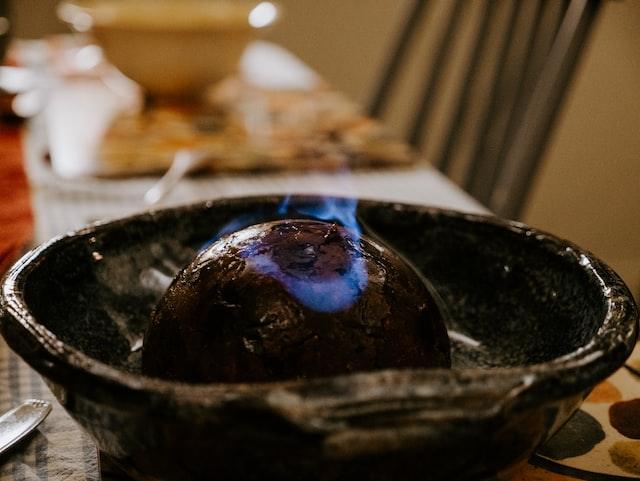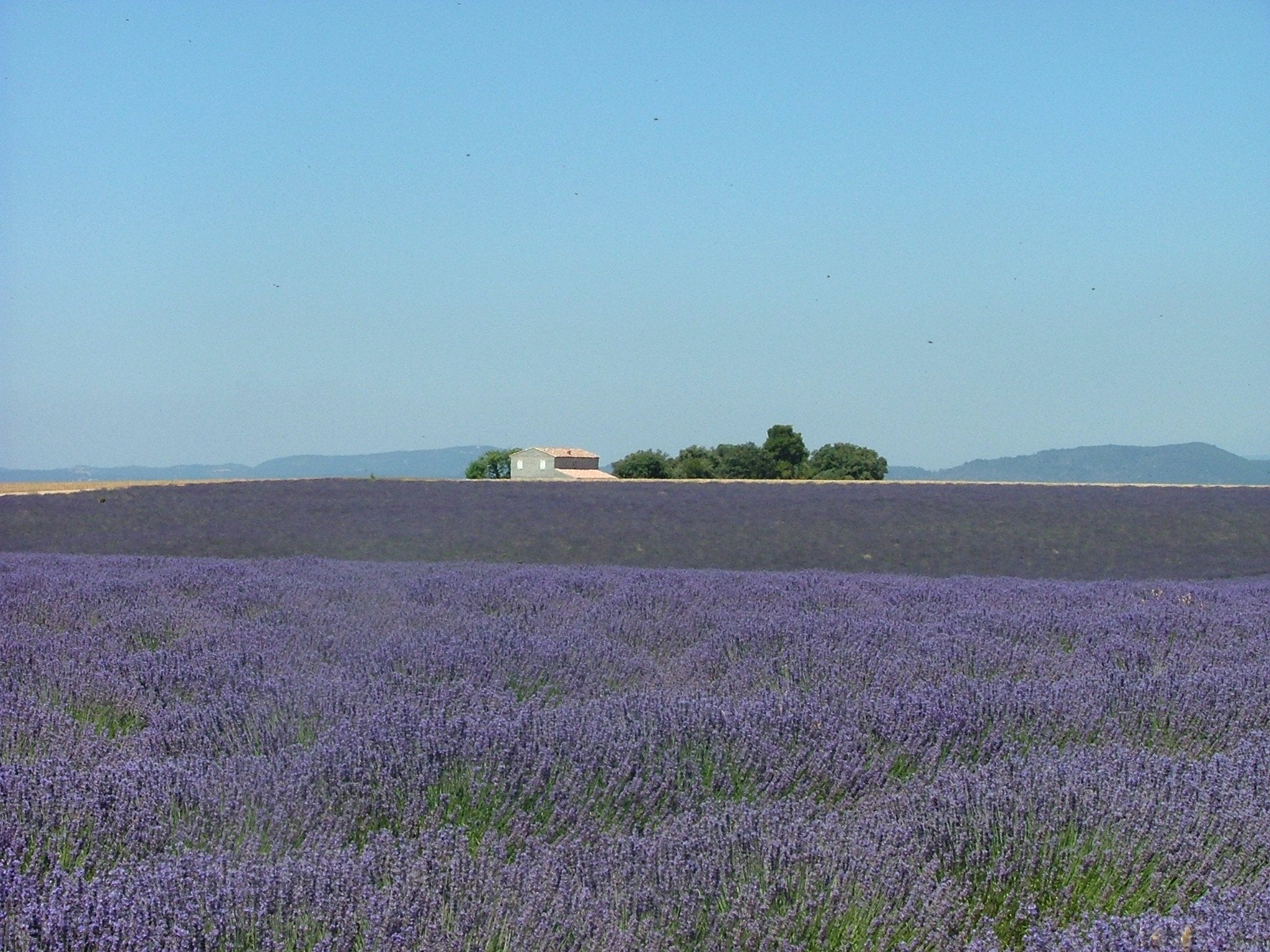Milk of Roses
And though the love of a hyacinth may be rather domestic, who can tell, the sentiment once raised, but you may in time come to love a rose?" -Northanger AbbeyNothing goes so well with love at Valentine's day as Roses. But what to do with them once they droop? Who could bear to throw away such precious tokens of affection
 This recipe is found in Martha Lloyd's Household Book. There is no mention as to which Captain Austen (Both Frank and Charles served in the Navy) gave her the recipe. One may assume, however, that it was Frank. Frank who proposed to his wife during the intermission of a play. Frank who married Martha in 1828, 11 years after Jane Austen's death. Noting Sir Walter Elliot's horror at "Admiral Baldwin, the most deplorable-looking personage you can imagine; his face the colour of mahogany... all lines and wrinkles", it is not surprising that a sailor should have a facial recipe.
This recipe is found in Martha Lloyd's Household Book. There is no mention as to which Captain Austen (Both Frank and Charles served in the Navy) gave her the recipe. One may assume, however, that it was Frank. Frank who proposed to his wife during the intermission of a play. Frank who married Martha in 1828, 11 years after Jane Austen's death. Noting Sir Walter Elliot's horror at "Admiral Baldwin, the most deplorable-looking personage you can imagine; his face the colour of mahogany... all lines and wrinkles", it is not surprising that a sailor should have a facial recipe.
Milk of Roses, from Captain Austen 1/2 pint of rosewater-1/2 an oz of oil of Sweet Almonds--12 grains of Salt of Tartar. To be mixed well all together.
Rosewater is used in many recipes from soap and cakes to cookies and quiche. It can be found in grocery stores (under flavorings or drink mixers) or in Asian and Middle Eastern markets. When making your own, it is important to make sure your roses have not been treated with Pesticides. Wash them well before beginning.
Rose Water Recipe:
- Start with fresh or Dried Rose petals. Use 1 oz of dried or one cup of fresh petals per pint of water (boiled or spring water works best.)
- Steep Rose petals in near boiling water from 20 minutes to an hour and let cool. Make sure you cover the pot tightly. You don't want those oils escaping into the air; you want them in your water.
- Strain the petals. The more roses you use and the longer you let it steep, the stronger your rose water will be.
- Rosewater can last up to a year if kept sealed in the refrigerator.
If you don't want to miss a beat when it comes to Jane Austen, make sure you are signed up to the Jane Austen newsletter for exclusive updates and discounts from our Online Gift Shop.



Leave a comment
This site is protected by hCaptcha and the hCaptcha Privacy Policy and Terms of Service apply.